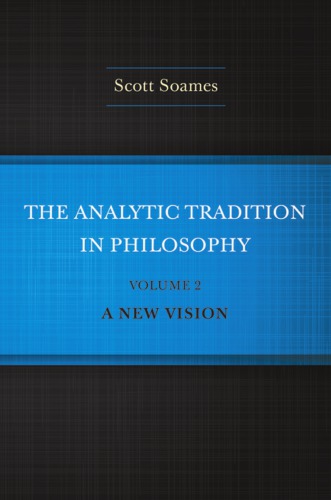

Most ebook files are in PDF format, so you can easily read them using various software such as Foxit Reader or directly on the Google Chrome browser.
Some ebook files are released by publishers in other formats such as .awz, .mobi, .epub, .fb2, etc. You may need to install specific software to read these formats on mobile/PC, such as Calibre.
Please read the tutorial at this link: https://ebookbell.com/faq
We offer FREE conversion to the popular formats you request; however, this may take some time. Therefore, right after payment, please email us, and we will try to provide the service as quickly as possible.
For some exceptional file formats or broken links (if any), please refrain from opening any disputes. Instead, email us first, and we will try to assist within a maximum of 6 hours.
EbookBell Team

4.8
54 reviewsVolume 2 provides an intensive account of the new vision in analytical philosophy initiated by Ludwig Wittgenstein’s Tractatus Logico-Philosophicus, its assimilation by the Vienna Circle of Moritz Schlick and Rudolf Carnap, and the subsequent flowering of logical empiricism. With this “linguistic turn,” philosophical analysis became philosophy itself, and the discipline’s stated aim was transformed from advancing philosophical theories to formalizing, systematizing, and unifying science. In addition to exploring the successes and failures of philosophers who pursued this vision, the book describes how the philosophically minded logicians Kurt Gödel, Alfred Tarski, Alonzo Church, and Alan Turing discovered the scope and limits of logic and developed the mathematical theory of computation that ushered in the digital era. The book’s account of this pivotal period closes with a searching examination of the struggle to preserve ethical normativity in a scientific age.